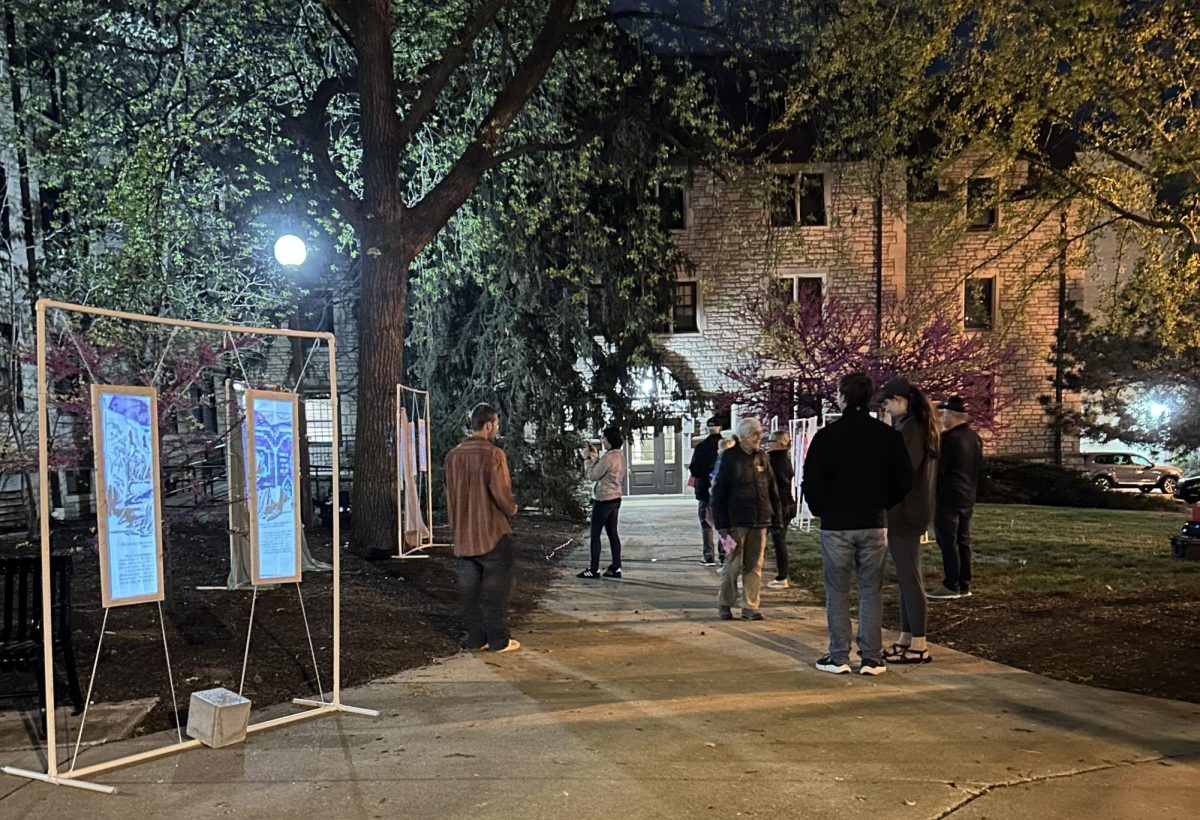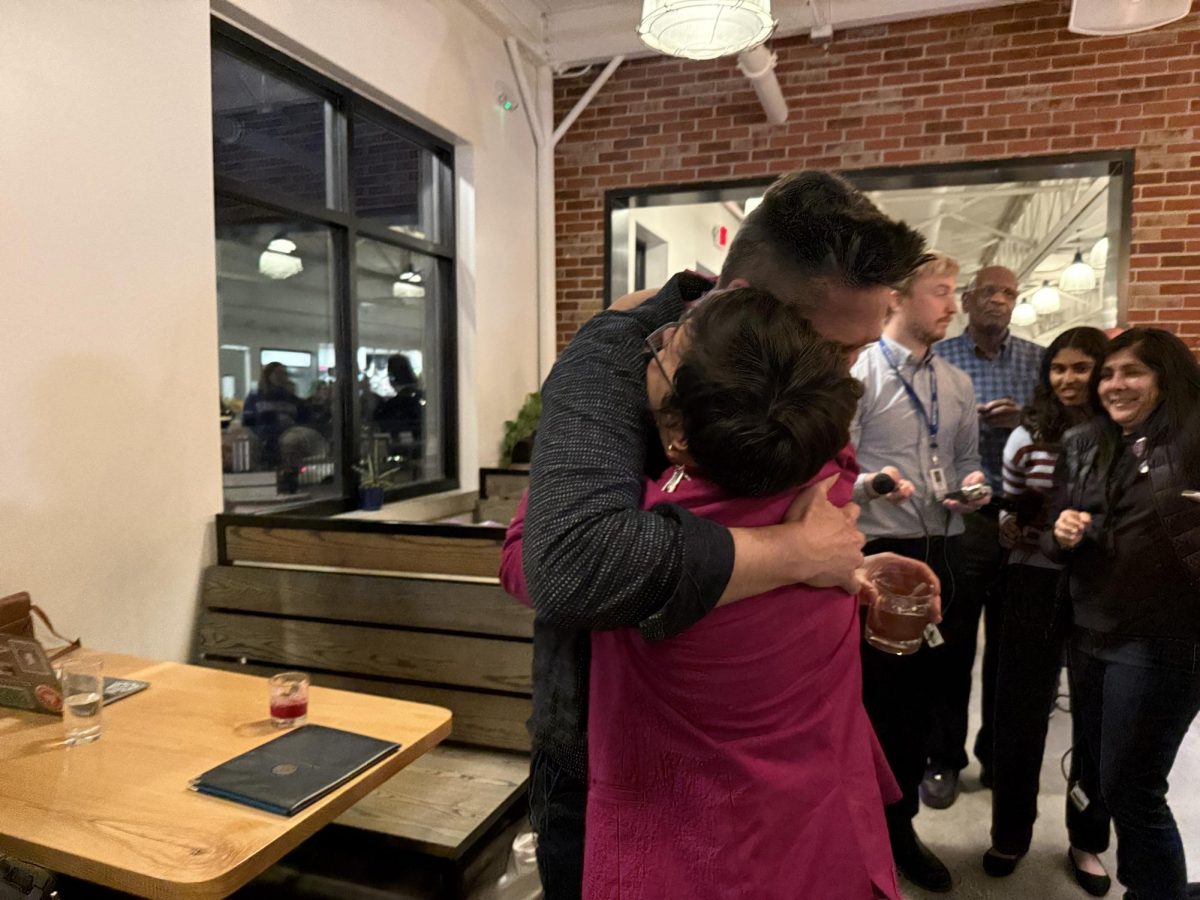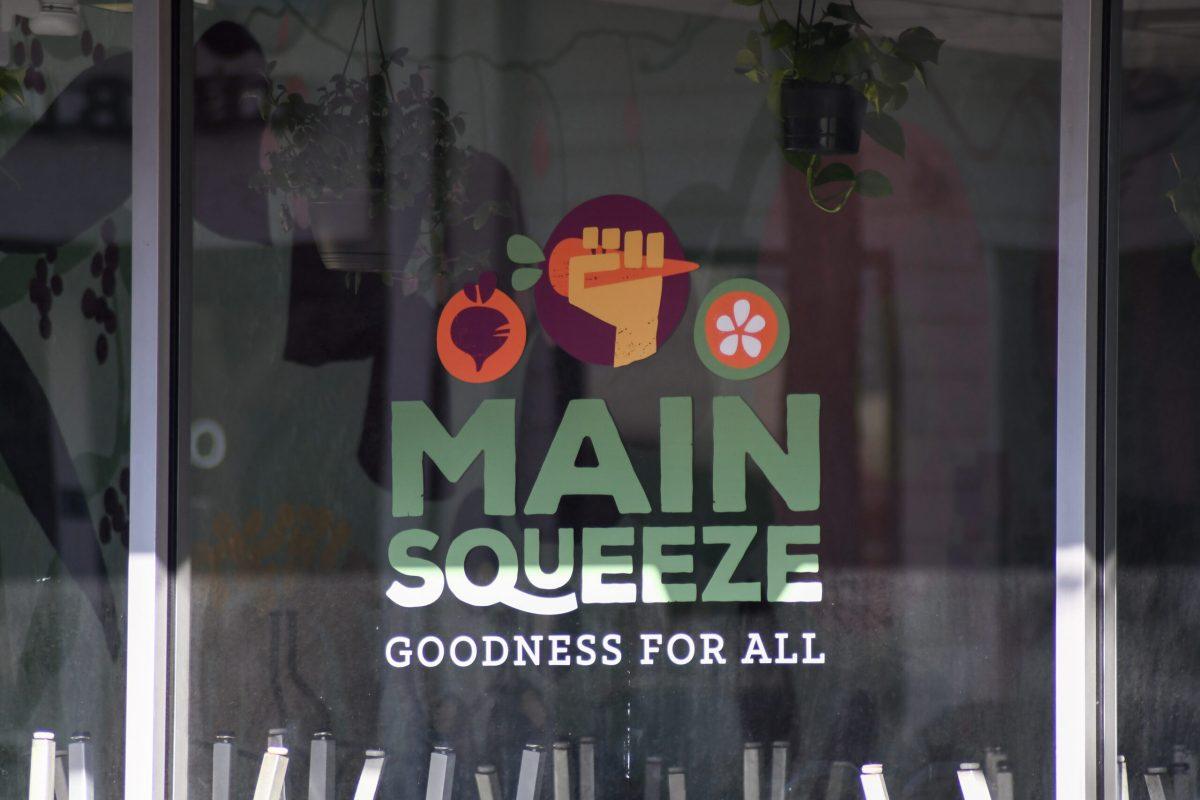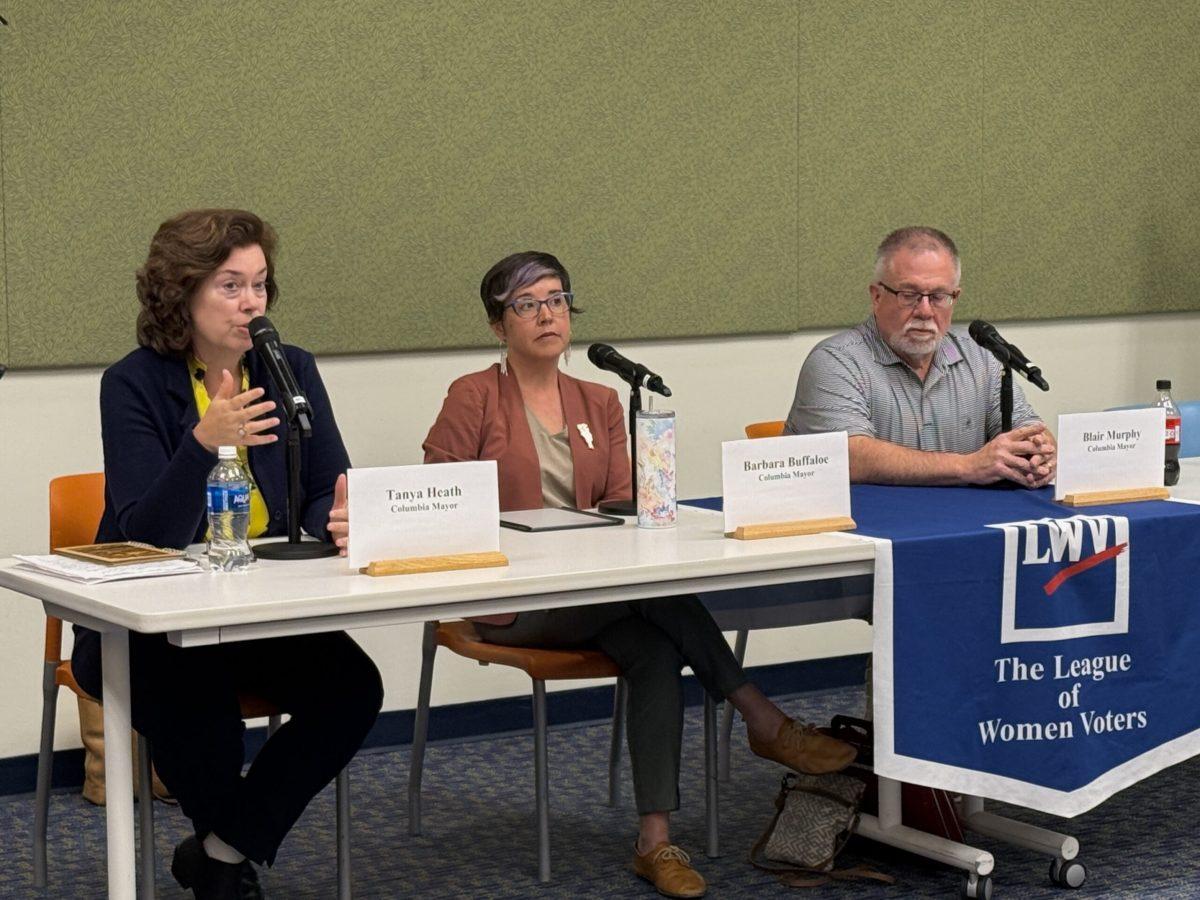**Correction appended**
MU 2008 graduate Shannon Jewitt started receiving credit offers through Bank of America after she graduated and never knew why. She hadn’t provided them with her personal information or opted into offers to be solicited.
MU gave the Mizzou Alumni Association directory information for Jewitt and other alumni, which it is required to do when asked under the Sunshine Law. Bank of America and the MAA have a contract, which has been in place since 1994, that requires MAA to market Bank of America’s credit card program to alumni. Through the agreement, Bank of America acquires new customers and the MAA makes about 5 or 6 percent of the funds for its annual budget.
On top of the $270,000 MAA made from its partnership with Bank of America in 2011, MAA expects to make anywhere between $30,000 and $40,000 in royalty payments from the checking account part of the agreement. Alumni who partake in the program receive a credit or debit card with MAA’s logo.
McCubbin said MAA is required by contract to provide Bank of America with a mailing list of contact information for MU alumni. Alumni are not asked to sign any formal agreement allowing the release of their personal information, he said.
As of January 2012, the Family Educational Rights and Privacy Act now allows schools to stipulate what directory information they were going to make publicly available. The University of Missouri System has a system-wide policy that gives a list of items, such as a student’s address, that it considers public record. The Missouri Sunshine Law also states that people’s directory information is considered public.
Students can restrict the distribution of their personal information by altering the privacy settings in their student accounts online, but many students and alumni did not know their information was being distributed to places like credit card companies for solicitation.
MU 2008 graduate Marissa Bruno said she never went into her MyZou account to restrict her directory information when she was a student.
“I didn’t ever really think there was a reason for me to,” she said. “I don’t even know that I knew how to do that.”
Although McCubbin said he realized solicitation to get a credit card is not received positively all of the time, having an opt-in system, where alumni could choose whether they wanted to be contacted, would be unwieldy.
“It would be tough to do at best, in terms of trying to get a hold of everybody,” he said.
**The decision of whether to market to current students**
The contract between MAA and Bank of America does not specifically prohibit Bank of America from marketing to current students, but McCubbin said MAA has only marketed the program to alumni.
The 2009 Credit Card Accountability, Responsibility and Disclosure Act made a lot more
restrictions for schools and banks marketing credit card programs to students that tamed marketing on college campuses.
Neither Bank of America nor MAA pinpointed the time period that the tabling took place, but the agreement allowing it was signed by MAA and the athletics department in 1999. Bank of America spokeswoman Betty Riess said in an email that Bank of America does not table to students at athletic events anymore.
Riess said Bank of America has not marketed to current students through any of its agreements with colleges since 2008. Riess said Bank of America has been amending agreements during the past few years to exclude current students from marketing lists.
MU junior Lisa Korte said she didn’t know places like credit card companies could get ahold of her personal contact information and she does not recall being told she could restrict it in her MyZou account.
MU spokesman Christian Basi said the university receives regular requests for students’ directory information that the university is required to provide as stipulated by the Sunshine Law. Basi said these types of requests from outside companies and people come monthly. For requests that need information for multiple students, the university asks that those be submitted as formal sunshine requests.
**Royalty payments**
MAA receives a payment from Bank of America for the credit card program annually, but payments from the checking part of the program are paid to MAA quarterly, McCubbin said.
He said revenue from the program used to be a lot higher.
“It’s pretty small compared to what it used to be,” McCubbin said. “You know, back in the days when we were (spending) $2.8 million and that payment was $600,000 it (was) a bigger chunk. So we’ve relied less and less on it.”
McCubbin said MAA’s total budget is about $4 million per year.
According to the Federal Reserve, as of 2010, there were 11,040 open accounts through the program between Bank of America and MAA. A total of 171 new accounts were opened in 2011.
Income received by MAA from the partnership is determined by taking the annual loan loss rate, or money that credit card holders are not able to pay back known as “bad debt,” and dividing it by the total amount of money owed on credit card accounts through the agreement.
“The more our alumni are in good standing with their credit card payments, obviously, the better it is for us,” McCubbin said.
**Renewing the agreement**
Former MAA executive director Todd Coleman, who ran the association from 1994 to 2004, said these types of affinity agreements with credit card companies were an opportunity to provide credit cards to students who didn’t have any financial history.
Since then, some universities have even gone as far as discontinuing these agreements with banks, citing them as controversial because some allowed for credit card companies to market to current students.
“We’ve been amending agreements over the past few years to exclude student names from any marketing lists,” Riess said in an email. “Even if the agreement hasn’t been updated to reflect that, it’s our practice to exclude student names from marketing lists provided by the schools.”
[A 2010 investigation](http://www.huffingtonpost.com/2010/06/08/banks-paying-colleges-for_n_604109.html) into these agreements by the Huffington Post Investigative Fund found that some schools, such as Michigan State University, Columbia University and Iowa State University’s alumni associations, were in the process of amending their contracts with Bank of America to omit marketing to current students.
In April of 2011, the University of Richmond decided to discontinue its contract with Bank of America, [according to an article](http://thecollegianur.com/2011/04/21/ur-ends-credit-card-agreement-with-bank-of-america/20450/) in its student newspaper, The Collegian.
MAA has looked at suspending the partnership in the past, McCubbin said, but after reviewing the contract, the MAA Board of Directors decided to keep it in place for now.
“The bottom line is it gives us valuable programming, or valuable money for programming,” he said. “The alumni association receives 20 percent of its budget from the university. The rest of it we make ourselves, so it’s through membership, it’s through donations, it’s through, you know, events and things like that where people are paying fees to come to things. So we’re kind of running our own little business. That money’s very valuable.”
McCubbin said if MAA dropped the program, it would still be afloat financially but would lose a small portion of their budget.
**Correction appended:** The article originally stated that according to MU spokesman Christian Basi, MU is required to give out student directory information by law and has no choice in the matter. To clarify, the Family Educational Rights and Privacy Act stipulates that as of January 2012, schools can decide what directory information they choose to be made public. The University of Missouri System has a formal policy for its campuses that further explains what types of information it chooses to be made public for students, such as a student’s address. The Maneater regrets the error.






